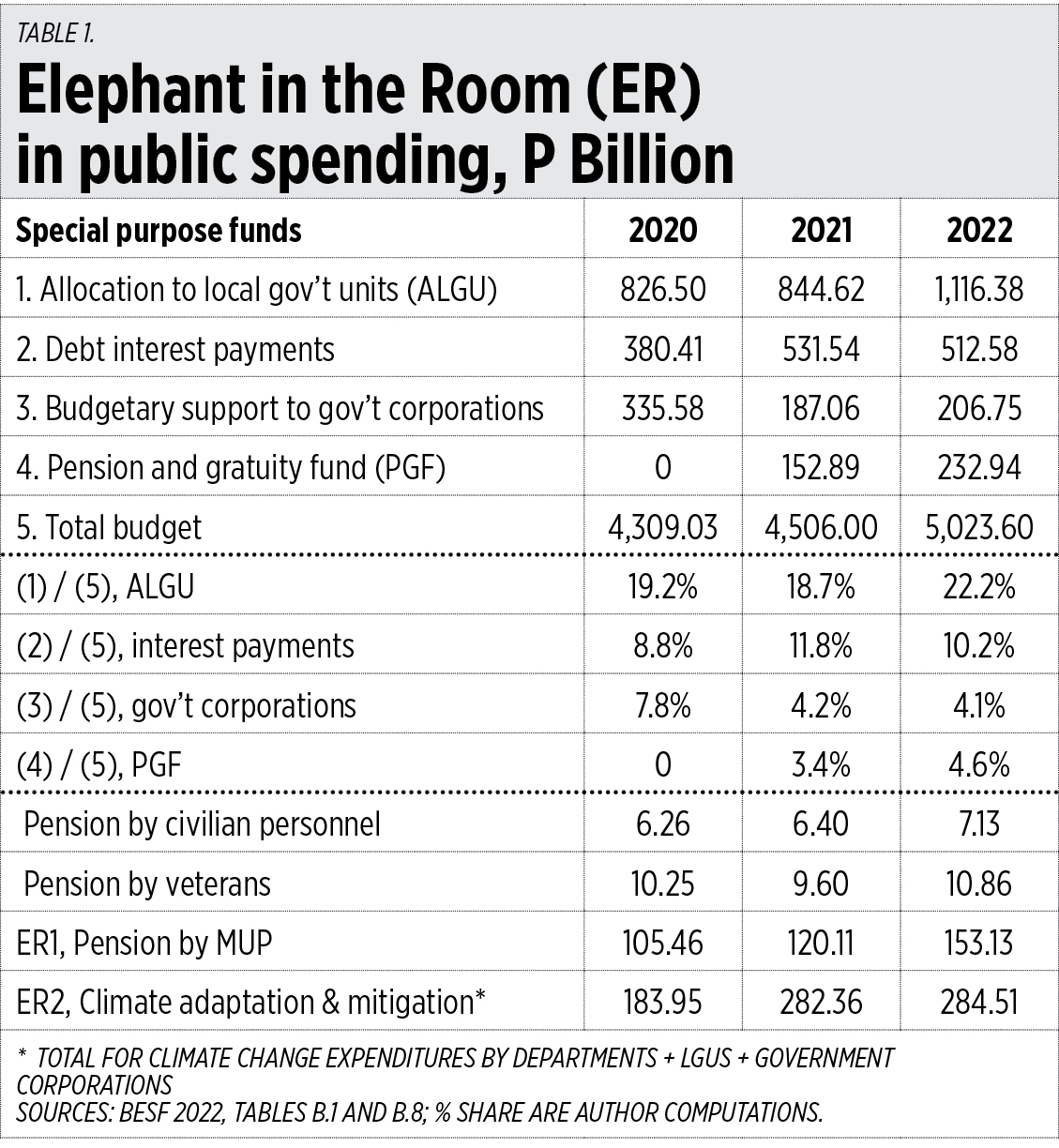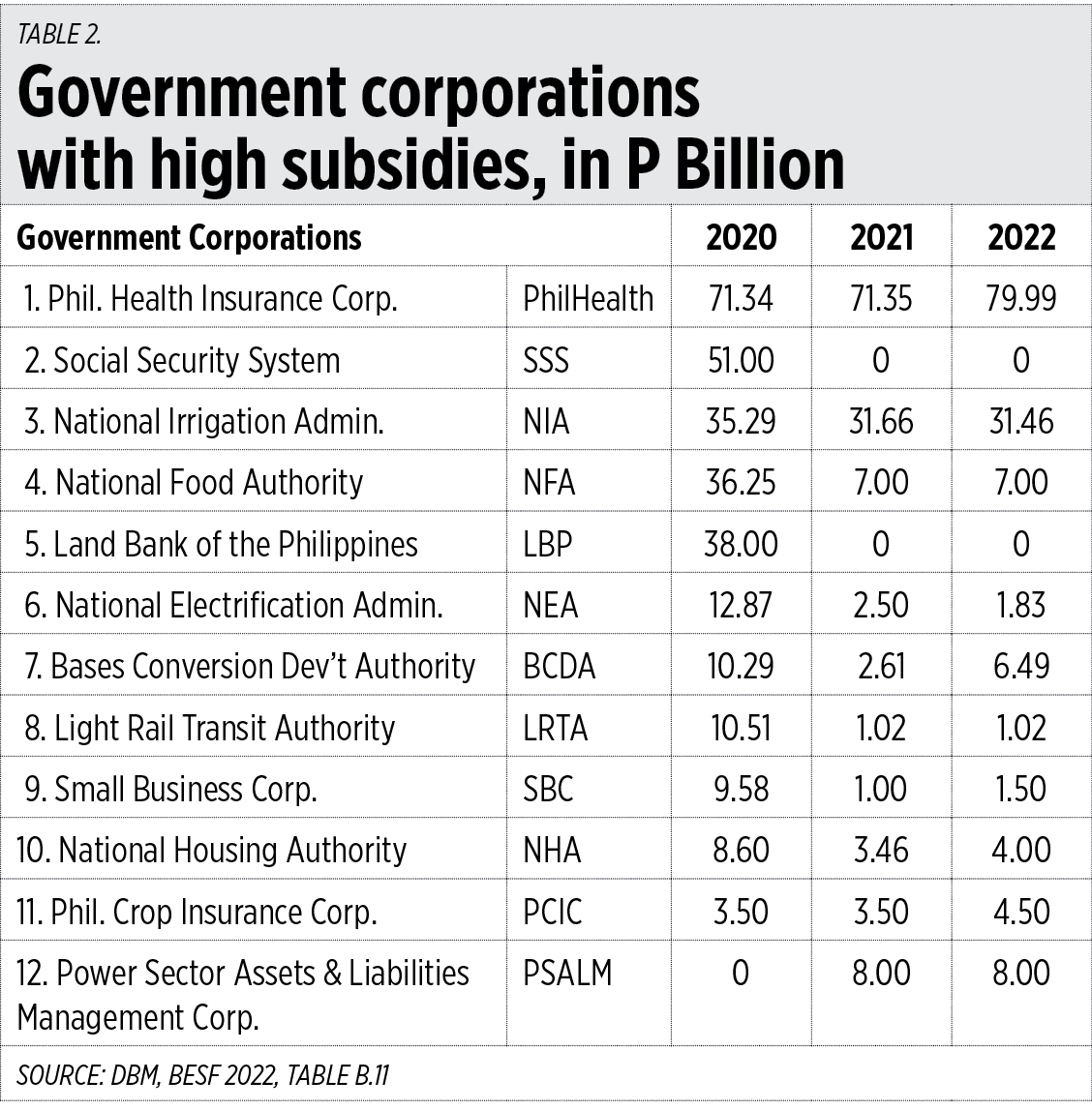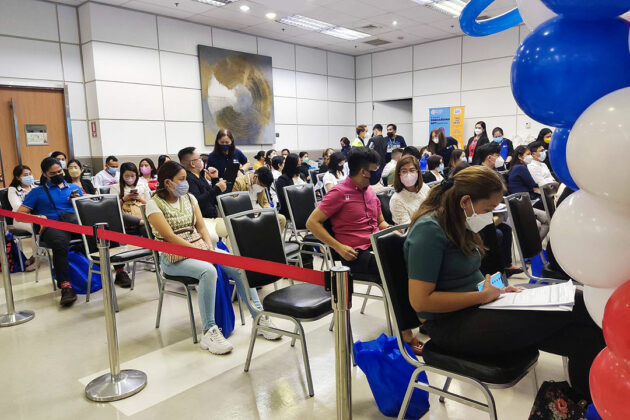Under Section 168 of the Revised Corporation Code (RCC), a director, trustee, or officer shall be punished with a fine ranging from P500,000 to P1 million, who knowingly:
a.) Fails to sanction, report, or file the appropriate action with the proper agencies; or,
b.) Allows or tolerates the graft and corrupt practices or fraudulent acts committed by a corporation’s directors, trustees, officers, or employees.
Section 168 properly limits its application only to directors, trustees, or officers liable for the offense defined therein. There is therefore no legal basis to hold employees and consultants of the corporation liable for participating in the offense defined therein.
In consonance with principles of corporate governance, Section 168 sends a clear message that it is not enough for directors, trustees, and officers to not directly engage in fraudulent acts or graft and corrupt practices, but they are obliged, under pain of criminal penalty, to not tolerate it or turn a blind eye when such acts are committed by their colleagues in the name of the corporation, and even go to the extent of reporting the same to the proper authorities.
THE ‘PREJUDICIAL QUESTION’ RELATING TO SECTION 167
Section 168 of the RCC, as it seeks to penalize directors, trustees, or officers criminally liable for their acts of tolerance, should be treated as the counterpart to Sections 165 to 167 that penalize directly the corporation as the medium by which fraudulent acts are committed, and graft and corrupt practices perpetrated.
Consequently, the allegedly “tolerating” directors, trustees, or officers cannot be convicted under Section 167 unless and until there has been a formal conviction of the corporation under Sections 165, 166, or 167.
RETALIATION AGAINST WHISTLEBLOWERS
Section 169 of the RCC defines a “whistleblower” as “any person who provides truthful information relating to the commission or possible commission of any offense or violation under the” RCC.
Under Section 169 of the RCC, any person who, knowingly and with intent to retaliate, commits acts detrimental to a whistleblower, such as interfering with the lawful employment or livelihood of the whistleblower, shall, at the discretion of the court, be punished with a fine ranging from P100,000 to P1 million.
The essence of the offense punished under Section 169 is to “commit acts detrimental to a whistleblower,” although illustrated by examples of “interfering with the lawful employment or livelihood of the whistleblower,” remains such a broad description that can be limited by the element that it is “with intent to retaliate.” In other words, however detrimental an act committed against a whistleblower may be, the prosecution must show that essential element of having been done “with intent to retaliate.”
LIABILITY OF DIRECTORS, TRUSTEES, OFFICERS, OR OTHER EMPLOYEES
Section 171 of the RCC provides that “If the offender is a corporation, the penalty may, at the discretion of the court, be imposed upon such corporation and/or upon its directors, trustees, stockholders, members, or officers, or employees responsible for the violation or indispensable to its commission.”
THE LIMITED APPLICATION OF SECTION 171
Strictly speaking, only Sections 165, 166, 167, and 170 (in the rare instances when it can be applied) of the RCC specifically define offenses where it is the corporation that is held criminally liable. In all other criminal offenses provided by the RCC, the corporation itself cannot be held liable as the accused. The general rule prevailing in this jurisdiction is that when a criminal act is done on behalf of the corporation, the corporation cannot be held criminally liable since being an amoral being, it cannot fulfill the requirement of “malicious or criminal intent,” and therefore the crime committed is ascribed as the direct criminal act of the directors or trustees, officers and/or agent of the corporation who actually performed the criminal act.
Therefore, when Section 171 refers to a situation when “the offender is a corporation,” it could only cover the offenses under Sections 165, 166, 167, and 170, and that Section 171 is the legal basis by which the courts may include the offending directors, trustees, shareholders, members, or officers, or employees who are directly responsible for the violation or indispensable to its commission.
WHY IS DISCRETION GRANTED TO THE COURTS UNDER SECTION 171?
Under Section 171 of the RCC, if the offender is a corporation, “the penalty may, at the discretion of the court, be imposed upon such corporation and/or upon its directors, trustees, stockholders, members, officers, or employees responsible for the violation or indispensable to its commission.”
Since a corporation is a juridical person, it can commit crimes only through acting directors or trustees, stockholders or members, officers, and/or employees, and therefore such natural persons are always responsible for the violation (having been the actors for the criminal act) and are indispensable for the corporation’s commission of the crime. Therefore, not only should the responsible directors or trustees, officers, shareholders or members, and/or employees be included as accused in the charge sheet against the corporation, but that the penalties under Sections 165, 166, 167, and 170 should be applied upon the accused natural persons separately from the imposition against the corporation.
LIABILITY OF AIDERS AND ABETTORS AND OTHER SECONDARILY LIABLE
Under Section 172 of the RCC, “anyone who shall aid, abet, counsel, command, induce, or cause any violation” of (i) the RCC, or (ii) any rule, regulation, or order of the SEC, “shall be punished with a fine not exceeding that imposed on the principal offenders, at the discretion of the court, after taking into account their participation in the offense.”
The broad language of Section 172 may be employed as the legal basis to hold legal counsel, accountants, financial advisers, and other consultants liable for advising or counseling the corporate officers into actions and projects that would be construed as “any violation of the” RCC, whether such violation would constitute a criminal offense or merely a commercial non-criminal infraction.
Be that as it may, no criminal conviction can be imposed upon an aider, abettor, or counselor unless and until the principal offender is convicted since Section 172 imposes the punishment “with a fine not exceeding that imposed on the principal offender.”
CONCLUSION
A former Chair of the Securities and Exchange Commission (SEC), who shepherded the amendments to the old Corporation Code in Congress, posited in a forum that investors, directors, trustees, officers, and corporate practitioners should not be too wary of the administrative and criminal sanctions provided in the RCC for they all cover the imposition of fines, with no imprisonment involved. We find little professional and commercial relief in such a backhanded assurance.
The fact that only fines are imposed as administrative and/or criminal sanctions under the RCC misses the point that the operations of companies, especially those vested with public interest, must be undertaken under an aura of public confidence and trust. When administrative and/or criminal sanctions are imposed on a publicly-held company, its losses are not limited only to the fines imposed, but it suffers a loss in its goodwill which is the most important resource as a going concern. In the instances when it is the company that is itself convicted as the offender, the loss in value of its business enterprise is sustained directly by the investors who actually become innocent victims.
When it comes to the directors, trustees, or officers on whom administrative or criminal fines are imposed, they are for that reason disqualified from being elected or appointed as such in all other corporations. They suffer therefore an immeasurable loss in their livelihood that goes beyond the amounts of the fines they pay. The worst is that they can be sanctioned on the basis of provisions in the RCC that are general in scope and coverage. In fact, they need not be convicted to suffer reputational loss, as the use of such broadly worded violations to establish a prima facie case, and the need to exhaust personal time and resources from such confusing provisions would destroy their reputations in the market.
The worst effect of the criminalization of corporate governance (CG) principles and best practices under the RCC is that it sets into statutory stance a hard-handed approach to corporate governance. Placing CG reforms under a criminal framework misses the very essence of CG which seeks to upend management practice to go beyond complying with the letter of the laws relating to the promotion and protection of the interests of shareholders and other stakeholders. When CG principles and best practices are subjected to both administrative and criminal sanctions then, out of a sense of self-preservation, directors, trustees, and officers who are not well-versed in criminal matters would not dare exercise their business judgment to forge ahead, but in fact, will be conservative and refer such matters to legal counsel for the determination of what criminal or administrative risk they are venturing on. CG reform therefore no longer constitutes asking the best of what business management may put forth but becomes primarily the resolution of legal issues revolving around the overly broad and sometimes confusing letter of the law that is best left to the lawyers to ponder upon and give well-considered recommendations.
Finally, it should be noted that among the major reforms undertaken in the RCC is to grant “fiscal autonomy” to the SEC. Section 175 of the RCC expressly empowers the SEC to collect, retain, and use fees, fines, and other charges it imposes pursuant to the Code and its rules and regulations, instead of the practice in the past when it had to remit such amounts to the National Treasury. “For a more effective implementation of this Code, the Commission is hereby authorized to collect, retain, and use fees, fines, and other charges pursuant to this Code and its rules and regulations. The amount collected shall be deposited and maintained in a separate account which shall form a fund for its modernization and to augment its operational expenses such as, but not limited to, capital outlay, increase in compensation and benefits comparable with prevailing rates in the private sector, reasonable employee allowance, employee healthcare services, and other insurance, employee career advancement and professionalization, legal assistance, seminars, and other professional fees.”
We really cannot judge at this point whether the fiscal autonomy granted to the SEC under Section 175 of the RCC would actually benefit the Philippine corporate sector. However, we should expect Congress to diminish the budget allocations of the SEC, which in turn may compel the SEC to raise its own working funds through the powers granted under Section 175. In all likelihood, in order to support its plantilla, and the high-salary and benefits standards granted to the SEC officers and rank-and-file, as well as to invest on the improvement of its facilities, more so its IT infrastructure, the SEC would not be gun-shy in imposing ever bigger fines and penalties on corporate stakeholders to continue to uphold and upgrade its operations in the face of limited budgetary allocations from Congress.
The worst scenario would be the day when the SEC can continue to boast that it has remained one of the top agencies in maintaining its high revenue-earning profile. That would actually be bad news for the Philippine corporate sector as that would indicate that the SEC has really abandoned its “complain or explain approach,” and has wielded its “administrative sanction powers” to boost it revenues under the mantra of pursuing, ever so forcefully, the CG agenda under the RCC.
This article reflects the personal opinion of the author and does not reflect the official stand of the Management Association of the Philippines or MAP.
Attorney Cesar L. Villanueva is co-chair for Governance of the MAP ESG Committee, the chair of the Institute of Corporate Directors, the first chair of the Governance Commission for GOCCs, a former dean of the Ateneo Law School, and a founding partner of Villanueva Gabionza & Dy Law Offices.
map@map.org.ph
cvillanueva@vgslaw.com
http://map.org.ph

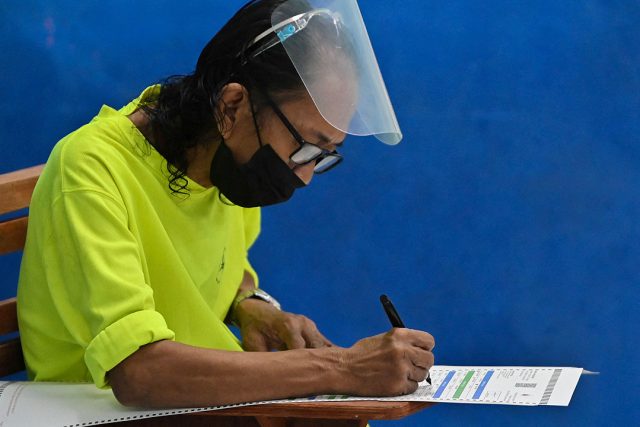

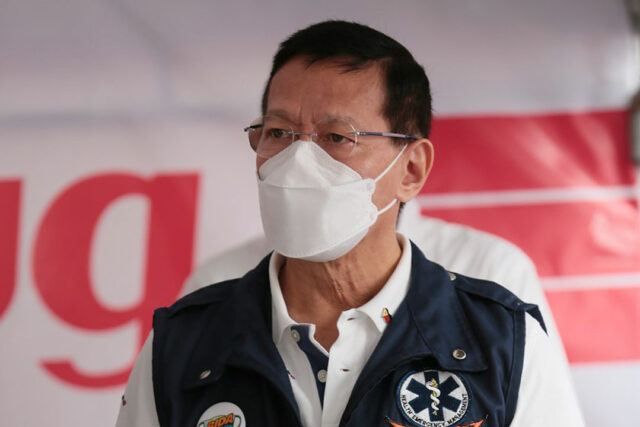
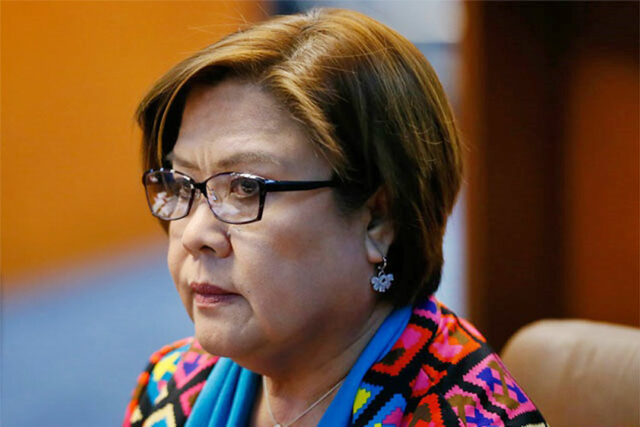




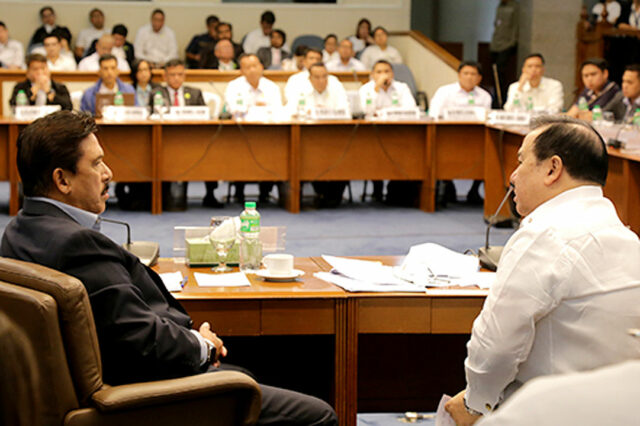
 The other members of the Senate Blue Ribbon Committee who did not affix their signature were Senate Majority Leader Migz Zubiri, Senators Sonny Angara, Pia Cayetano, Sherwin Gatchalian, Bong Go, Lito Lapid, Imee Marcos, Grace Poe, Bong Revilla, Francis Tolentino, and Cynthia Villar.
The other members of the Senate Blue Ribbon Committee who did not affix their signature were Senate Majority Leader Migz Zubiri, Senators Sonny Angara, Pia Cayetano, Sherwin Gatchalian, Bong Go, Lito Lapid, Imee Marcos, Grace Poe, Bong Revilla, Francis Tolentino, and Cynthia Villar.

